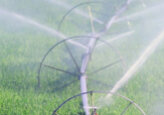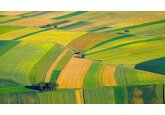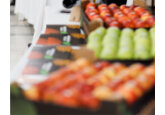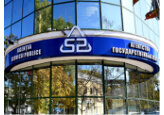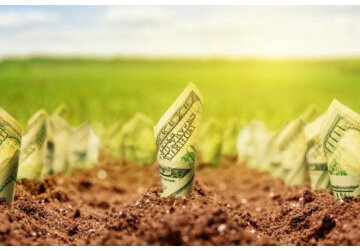
Moldova has started a new call for applications for advance grants for projects to improve living and working standards in rural areas.
In particular, the Ministry of Agriculture and Food Industry announced the start of accepting applications for advance subsidies from June 1 to improve living standards and work in rural areas. The Agency for Interventions and Payments in Agriculture will accept applications for advance subsidies from June 1 to August 23 for the following support measures: improvement and development of rural public economic infrastructure; rural development; diversification of the rural economy through non-agricultural activities. The beneficiaries of subsidies can be first-level administrative-territorial units, villages and communes, cities with a population of up to 10 thousand people for the first two support measures, as well as legal entities or individuals registered in rural areas that create or develop non-agricultural activities for the third measure . The maximum amount of subsidies for the first two measures will be up to 3 million lei, and the personal contribution of the beneficiary must be at least 20%. For the third measure, the maximum amount of subsidies will be up to 1 million lei with a personal contribution of at least 50%. The first measure - "Improvement and development of rural public economic infrastructure" - provides for the allocation of advance subsidies to co-finance investment projects aimed at improving and developing rural public infrastructure and reducing socio-economic decline in rural areas. In particular, the construction/rehabilitation/modernization of local public roads and bridges, water supply, water purification and sewerage systems will be supported. The second support measure - "Rural Development" - provides for the allocation of advance subsidies for projects to alleviate and improve the living conditions of the rural population, in particular, to create, improve and expand basic local services for the rural population, including leisure and culture, as well as related this structure, for the repair/reconstruction of public buildings, sites for organizing markets, fairs, exhibitions, the repair of local pedestrian streets, the installation of public lighting, energy production and supply systems using renewable resources, the development of social services for vulnerable groups (child care centers, the elderly and people with special needs), for the construction / reconstruction of kindergartens, the purchase of vehicles and equipment for snow removal, maintenance of green spaces, etc. Also, projects for the preservation / restoration of historical heritage sites and the rural natural landscape (individual objects or complexes of rural architecture of historical or ethno-anthropological interest as evidence of the traditional rural economy, works of landscape architecture and art of gardens - squares, gardens, parks) will receive support. This measure will also subsidize the restoration/rehabilitation/preservation of specific historical monuments/structures for traditional rural architecture in a certain area, intended for public purposes, including public monuments (old cellars, mills, boyar mansions), focused on the development of rural tourism, etc. The third support measure - "Diversification of the rural economy through non-agricultural activities" - provides for the provision of advance subsidies to promote the processing and marketing of traditional agricultural products, increase the number of micro-enterprises and small enterprises in the non-agricultural sector, which will contribute to the development of services and the creation of new jobs. We are talking about supporting the creation of repair shops, equipment maintenance shops, shoe shops, the acquisition of non-agricultural machinery and equipment, including systems for the production and supply of energy using renewable resources. Creation and modernization of veterinary services, construction/modernization/equipment of cinemas, local TV and radio stations will be encouraged. It is also planned to support with advance subsidies construction/reconstruction projects and the use of points of direct sale of only food and non-food products of own/local production; projects to preserve, develop and diversify handicraft and traditional crafts. // 01.06.2022 — InfoMarket


